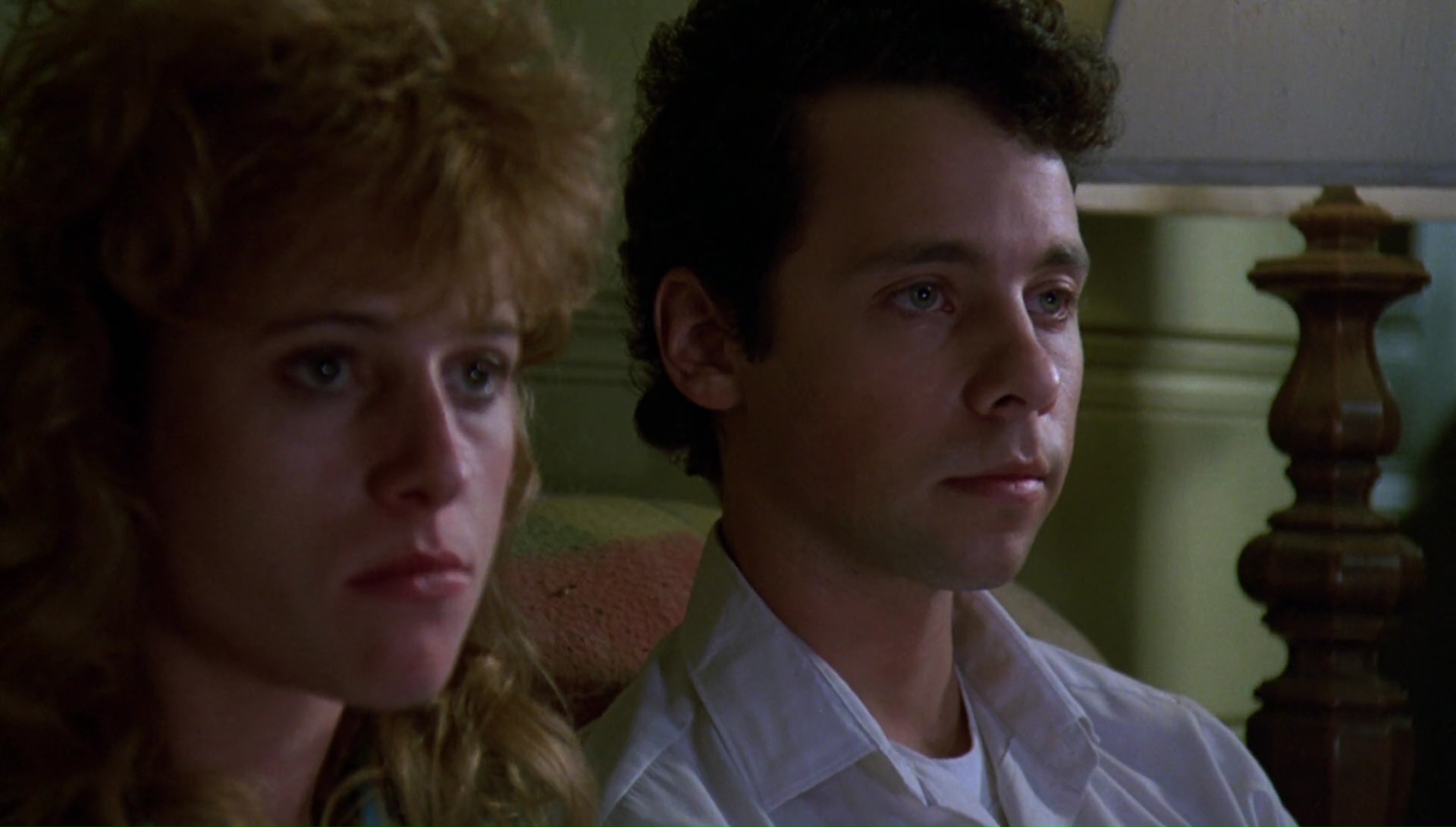

Although “13th” largely makes its points unchallenged (there are only one or two opposing views), DuVernay has found an impressive range of scholars and policymakers to make the case against mass incarceration. As the film argues, politicians and a compliant media have stoked and exploited an irrational fear of African Americans - especially young African American men - initially to secure white votes, and more recently to feed a profit-driven private prison system.ĭuVernay creates a cogent, compelling argument in “13th,” which balances attractively filmed talking-head interviews with alternately heartbreaking and infuriating archival footage.


#13th film still free#
Named for the 13th Amendment, which declared slavery illegal except as a punishment for criminality, DuVernay’s film expertly threads the audience through the myriad ways that loophole has been used to control, suppress and decimate communities of color: through mass arrests and imprisonment after the Civil War (when black men’s free labor was used to help rebuild a ravaged South) through the criminalization of activism during the civil rights era and through draconian law-and-order policies that started with the Nixon administration and continued through the Clinton and Bush years. Ava DuVernay’s documentary “13th” lands with unsettling, unstoppable force, delivering a long-buried lesson on race, history, criminal justice and political cynicism with such swift concision that viewers may emerge feeling wiser, but still not knowing what hit them.


 0 kommentar(er)
0 kommentar(er)
